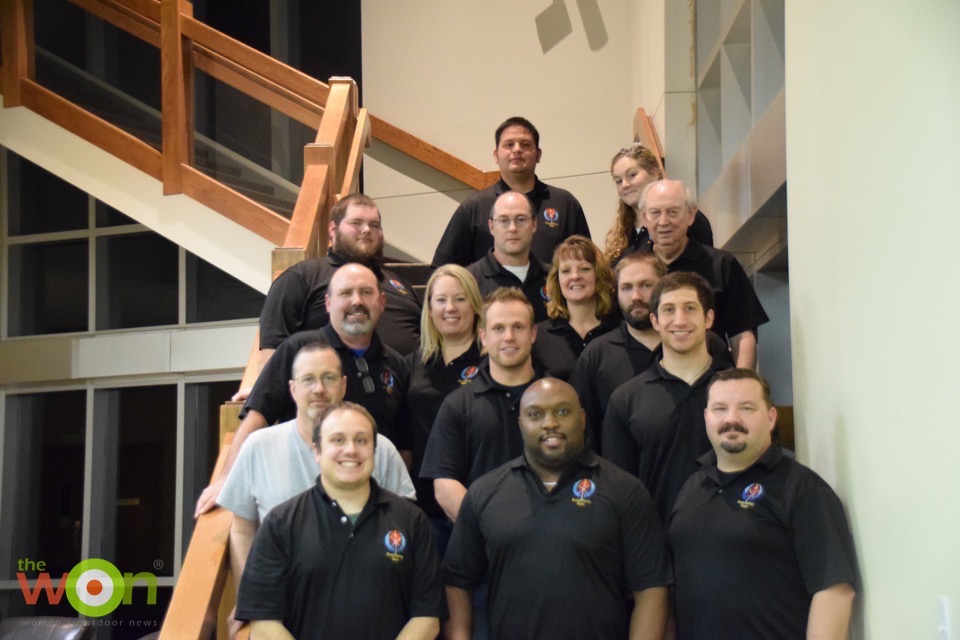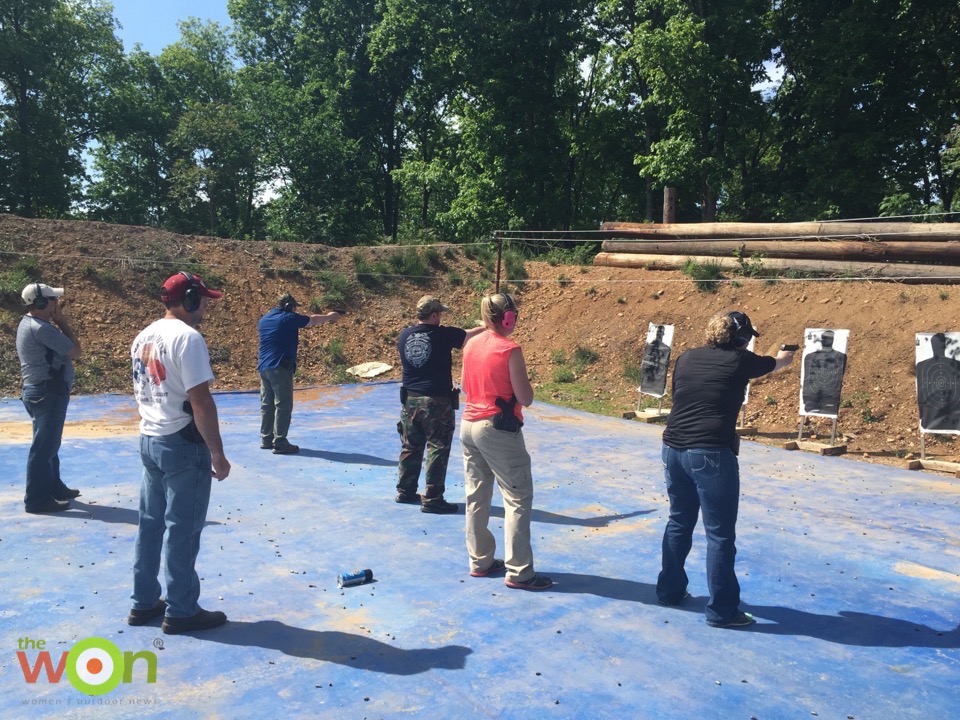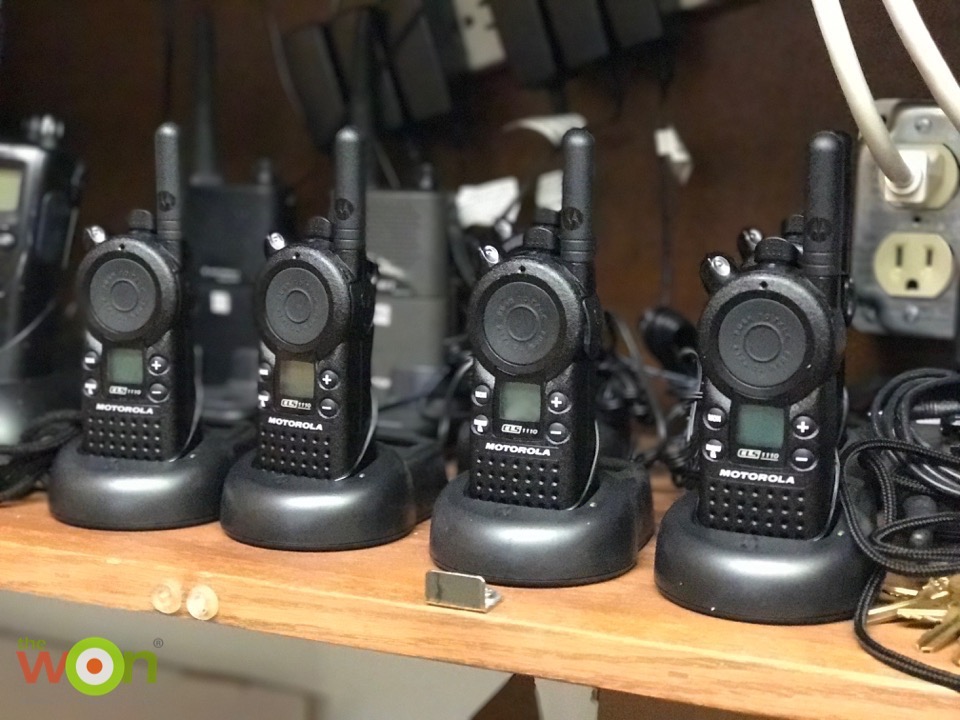Churches should not be motivated by fear to form a security team, but instead by facts: Recent incidences at churches are showing the need for better security. Take, for example, the event that happened in 2007 in Colorado Springs at the New Life Church. Two church members were shot to death outside the church and three others were injured when a gunman opened fire as the Sunday service was ending. Fortunately, there was a trained security guard on duty that day, and she was able to neutralize the threat by shooting the gunman before he could continue on his rampage. The gunman was armed with a rifle, two handguns and more than 1,000 rounds of ammunition. Had the security guard not stopped him, we can speculate that many more people would have lost their lives that day.
More recently, there have been several church shootings, including one in Charleston, South Carolina, on June 17, 2015, during a prayer service in which a gunman killed nine people, including the senior pastor. A few weeks ago in Fresno, California, another church shooting took place, and three men died from gunshot wounds.
According to a study by Carl Chinn, author of Evil Invades Sanctuary: The Case for Security in Faith-Based Organizations, as well as recognized expert on church violence and Sheepdog Seminar speaker, the top 3 known single issue triggers/motives of church shootings are robbery, domestic violence, and personal conflict. The gunman is either looking for a way to get money, or they’re motivated by a disagreement or domestic issue that makes its way onto ministry property.

Unfortunately, shootings are not the only incidents that churches face. A study titled “The Abel and Harlow Child Molestation and Prevention Study” found that pedophilia molesters average 12 child victims and 71 acts of molestation. An earlier study by Dr. Abel found that out of 561 sexual offenders there were over 291,000 incidents totaling over 195,000 total victims
According to Dr. Anna Salter, a clinical psychologist, she says that it’s critical to note that this abuse is no less prevalent within the faith community. In fact, there are studies that demonstrate that the faith community is even more vulnerable to abuse than secular environments.
The Abel and Harlow study revealed that 93% of sex offenders describe themselves as “religious” and that this category of offender may be the most dangerous. Dr. Salter says that other studies have found that sexual abusers within faith communities have more victims and younger victims. This disturbing truth is perhaps best illustrated by the words of a convicted child molester who told Dr. Salter, “I considered church people easy to fool…they have a trust that comes from being Christians. They tend to be better folks all around and seem to want to believe in the good that exists in people.” (Link to study here: https://www.childmolestationprevention.org/pdfs/study.pdf )

Sheepdog Seminars website: http://www.sheepdogsafetytraining.com
Once a church understands the need for a security team, the real work begins. To form the right team, you must consider various factors. First, you should select responsible individuals. They should be level-headed, have a protection-based mindset, be willing to follow procedures and orders, and be physically able to move and act when needed. Second, team members don’t necessarily have to have military or police backgrounds, although those organizations are a great place to start when forming a team. Volunteers who have had firearms experience and possess a CCW permit add value to the team, as do people with a background in handling mental disorders or violent tendencies.
Next, team members should have strong people skills and be able to communicate clearly, have good observation ability, and use good judgment without becoming too emotional or impulsive. Lastly, recruit a few people who are in the medical field and could assist in an emergency. It’s always helpful to have a nurse, doctor or EMS professional involved with the team. Depending on their budget, some churches might also decide to hire outside personnel, such as off-duty police officers or security guards.

As with any type of team, it’s important to be on the same page. Individual responsibilities and roles should be clear and understood. The responsibilities of the security team could include the following: visual monitoring of the nursery areas, youth areas, adult classes and worship service; dealing with emergency situations; parking lot surveillance; platform security; and dispensing information, such as the location of Sunday School rooms, restrooms, the sanctuary and other areas.
A security team should be prepared for emergency evacuation. Like schools and other public buildings, churches should have a procedure in place for emergencies such as fires, tornados and other severe weather events. Team members should assist in getting everyone to the designated “safe area,” whether that’s inside or outside the building.

Volunteers should be trained in how to recognize and address issues such as domestic violence and custody battles, as well as other pertinent topics. Force continuum training is also highly important. Does each team member understand how much force may be used against someone in any given situation? That would include being a physical presence, verbal de-escalation, soft or hard techniques to restrain or move an individual, less-than-lethal options such as pepper spray or a Taser, and, as a last resort, knowing when to use lethal force.
Members who carry a firearm should participate in regular training, both individually and as a group. Group training should include some type of critical incident/stress training in the event they must engage an active shooter or other lethal-force situation.

Each team member should be equipped with a 2-way radio at all times, in addition to his or her personal cell phone. Radio communication is critical and can quickly alert others when assistance is needed. Team members should always perform a radio check at the beginning of each shift and make sure radios are fully charged between each use.
All team members’ information, as well as types of training classes they’ve taken, should be documented and kept on file for legal and insurance purposes.
In the second part of this series, I’ll discuss insurance liability, as well as how to assess the church for threats, vulnerabilities, and risks, which can include: burglaries, active shooters, the physical design and layout of the building, and the environment surrounding the church.
This Retro WON first appeared May 17, 2017.
Freelance writer Stacy Bright holds instructor certifications from the NRA in Pistol & Rifle, as well as being an Range Safety Officer and Refuse to be a Victim instructor. In addition to her NRA credentials, she also is a Missouri CCW instructor and teaches various other home and personal defense courses. “In a field dominated by men, I feel I bring a unique perspective to firearms and training, especially to women. I'm passionate about educating, empowering and developing confidence in those I train. In November of 2014, I started the Southwest Missouri chapter of The Well Armed Woman,” said Stacy. Stacy lives in southwest Missouri, and has been married for 20 years. Visit TWAW Facebook page: The Well Armed Woman-Springfield, MO Chapter. View all posts by Stacy Bright
I’m grateful my church is secure.